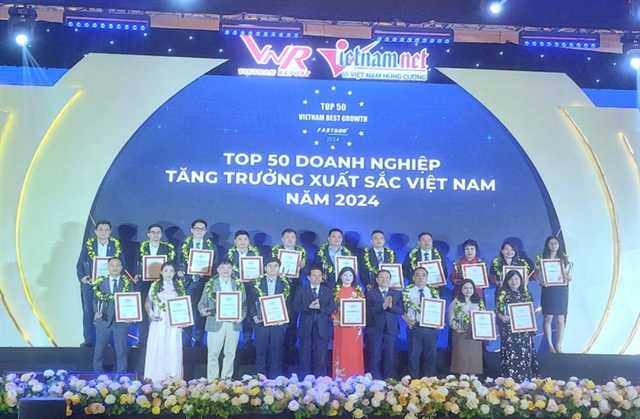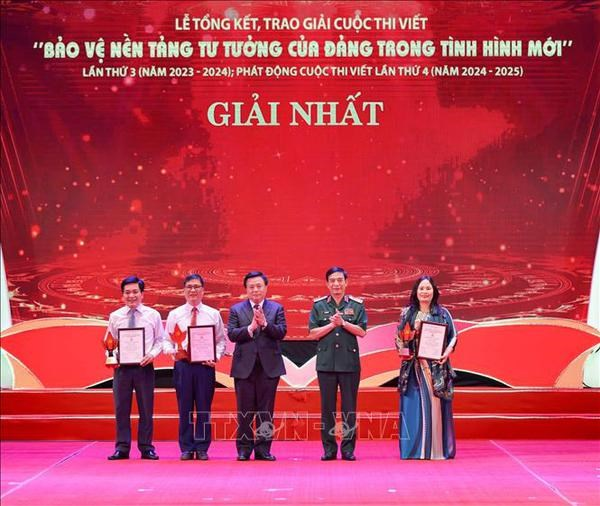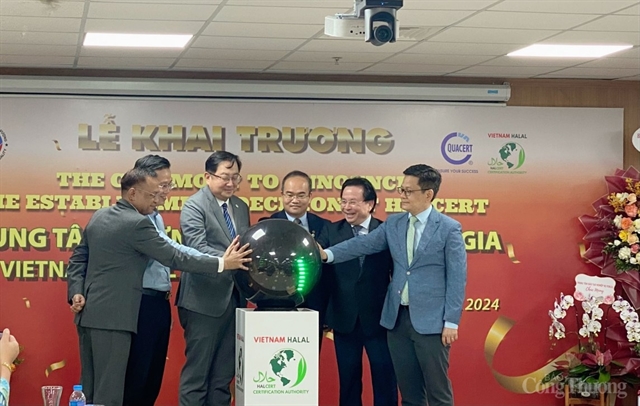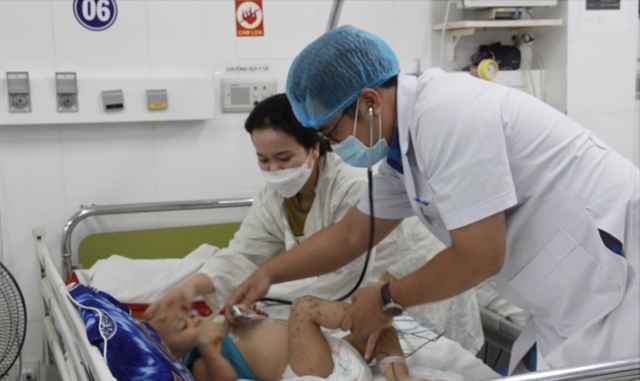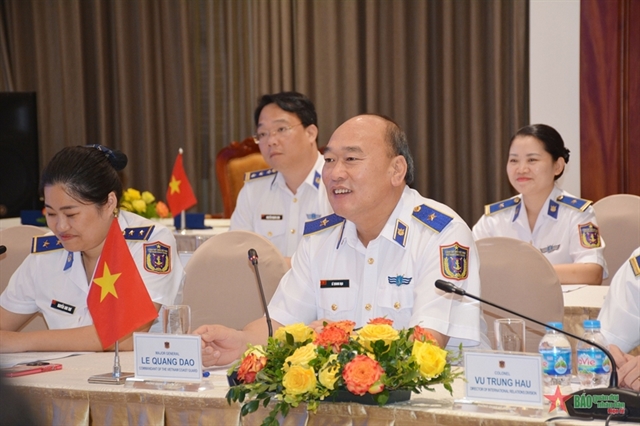 Politics & Laws
Politics & Laws
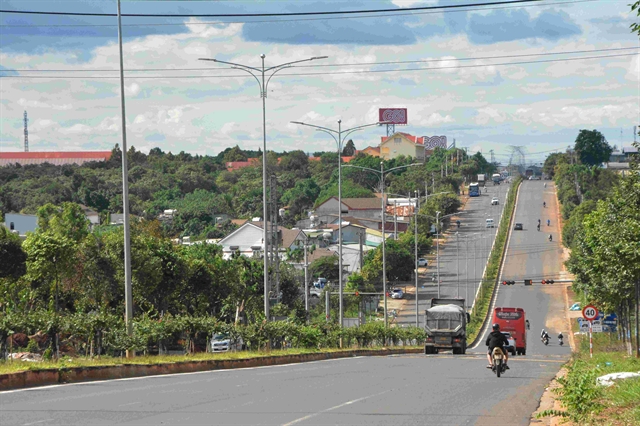
Personnel work plays a key role in business success, Prime Minister Nguyễn Xuân Phúc told enterprise leaders on Tuesday at the 10th anniversary of Central Businesses Bloc’s Party Committee in Hà Nội.
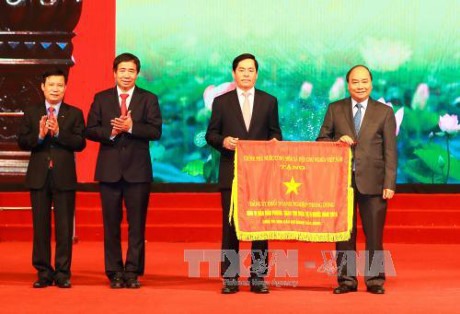 |
| Personnel work plays a key role in business success, Prime Minister Nguyễn Xuân Phúc told enterprise leaders yesterday at the 10th anniversary of Central Businesses Bloc’s Party Committee in Hà Nội. — VNA/VNS Photo Thống Nhất |
HÀ NỘI — Personnel work plays a key role in business success, Prime Minister Nguyễn Xuân Phúc told enterprise leaders on Tuesday at the 10th anniversary of Central Businesses Bloc’s Party Committee in Hà Nội.
The block must improve its management capacity and strategic vision toward development and appoint talented people, not relatives, to manage State-owned firms, Phúc said.
“If managers do not act corruptly or share illegal profits, then businesses will reap success. Otherwise, if managers neither practise their morals nor put their enterprises’ benefits first, failures will obviously come,” he said.
Phúc said that over the past ten years, the Central Businesses Bloc [grouping centrally run state businesses] had made major contributions to the country’s development, including 26 to 30 per cent of Gross Domestic Product (GDP) growth, one third of State budget, bringing jobs to nearly one million labourers.
During one decade, corporations, groups, banks of the bloc donated almost VNĐ31 trillion (US$1.3 billion) to social welfare works nationwide and invested in infrastructure of remote, disadvantaged districts.
He praised the bloc for preserving and developing State-owned company capital. In particular, the State-owned companies are a State’s important tool to stabilise the macroeconomy and maintain growth pace.
State-owned enterprises also need to review their shortcomings and obstacles to draw lessons for upcoming steps, he said, noting that firms should learn to avoid overleveraged capital, scattered investment and ineffective management.
Labour productivity in general is low as compared with the world and even other type of enterprises in Việt Nam, raising a question on brand building and enterprise management work.
The Government leader also mentioned a sad fact: in the past ten years, some big brands didn’t survive the socialist-oriented market economy due to collapse or mismanagement.
Science technology: key for growth
To overcome these challenges, the PM asked the bloc to continue to organise, renovate and improve efficiency of State-owned firms’ operation, especially reform growing models to increase labour productivity.
In the context of global industrial revolution 4.0, State-owned enterprises must take a pioneer role to integrate into international trends, he said.
“Science technology is the key, not the final element,” he said.
He urged chairmen of boards of directors, general directors of corporations and company leaders to research and practise strategic visions in managing enterprises in the industrial revolution 4.0, in the context of deep international integration, to serve a market of nearly 100 million with various options.
“I mentioned frightening saline intrusion in Mekong Delta provinces, but the most dangerous intrusion is from the overwhelming presence of imported products with lower quality than Vietnamese products,” he said, adding that enterprises must pay due attention to this issue.
Phúc asked State-owned companies to stay vigilant against corruption rings making fake receipts to withdraw State budget while avoid wasting money on ground-breaking ceremonies in order to cut down product prices.
Enterprises must also continue promoting State-owned company etiquisation, which must follow process and avoid State property losses with an aim to “mobilise social capital, have more shareholders to supervise activities and change management attitudes,” he said.
They were also asked to pay more care and attention to workers’ physical and spiritual lives. — VNS

